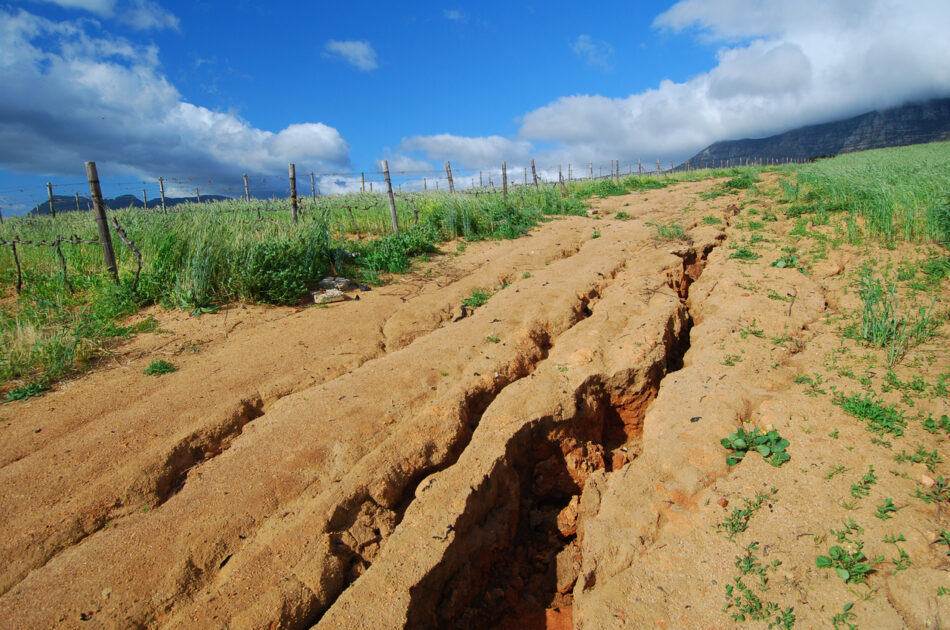Soil erosion: Sometimes simple solutions are the best
Aaron & Josh talk about the impacts of soil erosion and how their YSI team hope to combat it

“If you want to eat food, prevent soil erosion dude!” ~ The Fresh Quotes.
What do Nigeria, Somalia, Yemen and South Sudan all have in common? Famine. In our opinion and through our experience of visiting Lesotho, we believe famine is one of the biggest threat to the developing world, at the moment.
A third of the planet’s land is severely degraded and fertile soil is being lost at the rate of 24 billion tonnes a year. At no other time in our planet's history has efficiency in terms of food and crop production been so impacted by the actions of our fellow human. So what is soil erosion? Soil erosion refers to the wearing away of a field's topsoil by the natural physical forces of water and wind or through forces associated with farming activities such as tillage.
Despite our technologically advanced society of modern day Ireland, we too share a dark history surrounding the horror of famine but today famine is felt in some of the poorest countries in the world. How would soil erosion and famine impact a group of teenagers, living in a suburban paradise, here in Portmarnock? We couldn’t stay quiet and sit still while soil erosion, desertification and famine affect our planet. We knew we had to act upon our instincts, for fear of destroying our world for good.
Last year we set out to come up with a solution to a global problem and through idea after idea (good and not so good ones) we arose at a solution that is worth its weight in gold and set out to enter the project into Young Social Innovators. We considered a high tech solution first but after careful research, we found that high tech solutions in agriculture, in the developing world, normally fall short of the mark when it comes to reliability. We discovered that high tech tractors are typically kicked to the curb because when a simple technical problem arises, the community lack the native technology skills to fix it, leaving an expensive piece of kit unusable.
Confucius once said “Life is really simple, but we insist on making it complicated”.
When the human race faces big global challenges, we assume that high tech is the solution. Think again! Simple innovative solutions can have a big difference in the developing world. When we first set out to conquer soil erosion we too fell victim to that very thinking, that the more complex the solution is, the greater difference it will make.
We effectively tried to reinvent the wheel and invented a farming device by recycling bicycles. When a farmer wishes to till and plough their field they simply jump on their bicycle and the spikes attached to the back wheel till the soil, while a device in the middle of the frame, ploughs the field.
So how does our simple innovation help prevent soil erosion? Well, our bicycle adopts a low till farming policy. Low till is a technique that keeps the disturbance of soil to a minimum therefore preventing soil erosion and combating famine. Last February three members of our team travelled to the Kingdom of Lesotho with our bicycle. We sat around tables, talking about the problem of soil erosion and the solution needed to defeat it but seeing first hand the chaos that soil erosion causes has brought the project to life. We provided the Mens Co-op in Ha Hajela with one of our bicycles and it is now being used to grow maize and sorghum.
In conclusion our “Bicycle Of Life” is helping the people of Lesotho but we believe our machine has the possibility to change the world. If you are travelling to a country in the developing world or you are involved in a charity that could use our bicycles contact us at [email protected]. Let's change the way we think of global problems through simple innovation.






